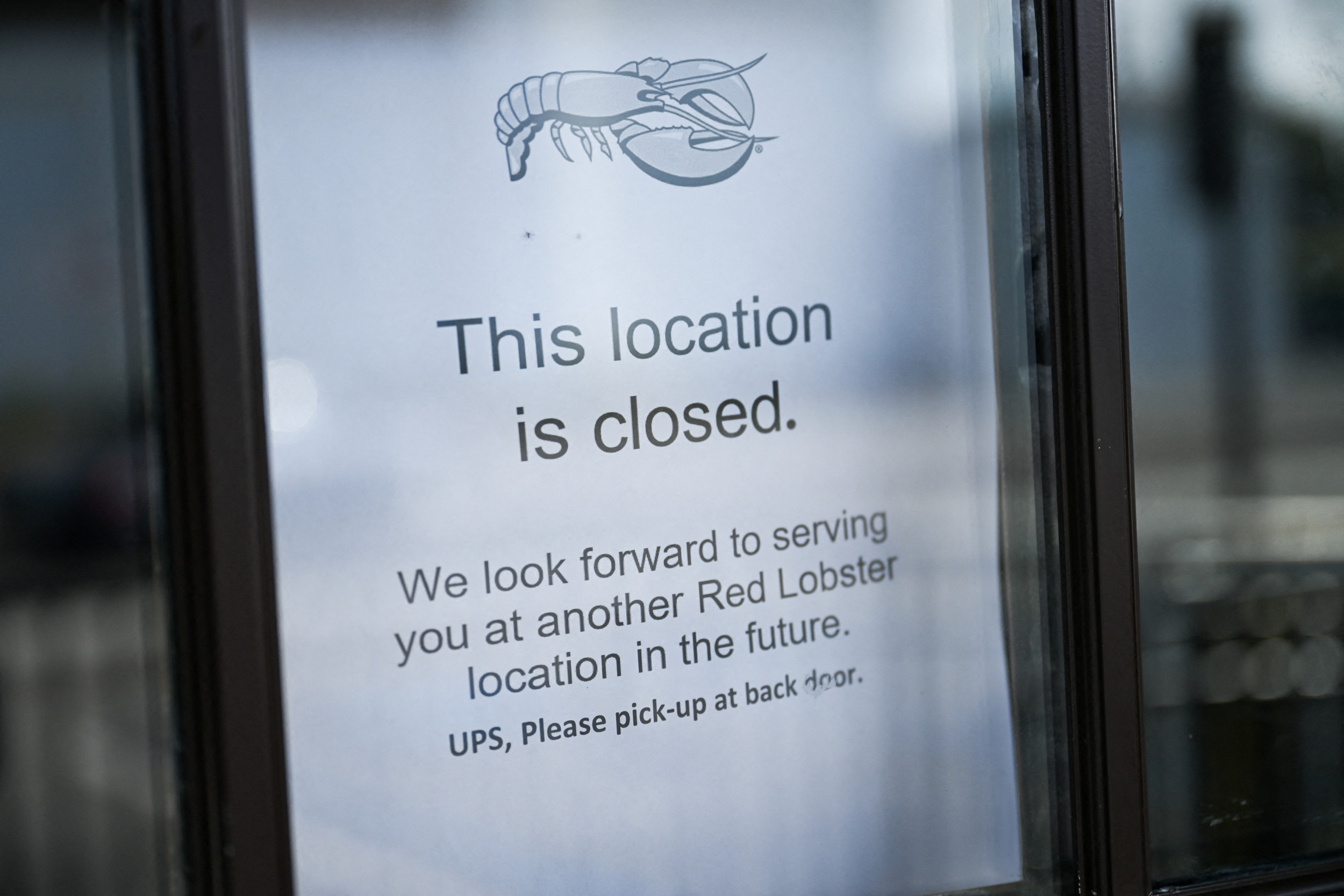Engineers have successfully transmitted digital information wirelessly using nuclear radiation rather than the electromagnetic signals traditionally used in wireless communication systems like smartphones.
The team from Lancaster University in the U.K. and the Jožef Stefan Institute in Slovenia used fast neutrons, high-energy free particles that travel at a speed of around 9,000 miles per second or more, to transfer digitally encoded information.
The team believes that a system based on their findings using fast neutrons could be used in circumstances that prevent the transmission of electromagnetic signals.
Lancaster University professor Malcolm Joyce said: "We demonstrate the potential of fast neutron radiation as a medium for wireless communications for applications where conventional electromagnetic transmission is either not feasible or is inherently limited."
Joyce is the author of a paper published in the journal Nuclear Instruments and Methods in Physics Research Section A: Accelerators, Spectrometers, Detectors and Associated Equipment that details the team's research.
Neutrons are particles that are usually locked up within the nucleus of an atom alongside protons. Fast neutrons are created when a radioactive isotope such as californium-252, which is produced in nuclear reactors, decays releasing high-energy neutrons.
The advantage that fast neutrons have over an electromagnetic signal is, whereas the latter can be weakened or even halted by a thick sheet of metal, fast neutrons just keep going. This means it can be used in situations where it is convenient or safe to introduce cabling.
Joyce gives examples of situations, such as reactor containments, and metal vaults, and bulkheads in marine vehicles, where it is important to maintain structural integrity and reduce penetrations in structures.
"The use of neutrons for information transmission through such structures could negate the need for such penetrations and is perhaps also relevant to scenarios where limited transmissions are desirable in difficult circumstances, such as for emergency rescue operations," Joyce added.
To test the ability of fast neutrons to transmit data, the researchers measured and modulated the emission of these particles from californium-252. This highly unstable isotope, discovered in 1950, does not occur naturally and is known for the rate at which it emits neutrons—releasing up to 170 million neutrons per minute.
The modulated emissions were measured using a particle detector and the results were recorded on a laptop. The team encoded various types of information including a word, the alphabet, and a number selected using a random number generator.
The transmission tests were all 100 percent successful, even when the uploading team and receiving team were unaware of what the randomly generated number was.
Despite the system's success, it is unlikely to be used to create a commercial wireless data transmission system anytime soon. Part of the reason for this is californium-252 is extremely dangerous if mishandled. When ingested or inhaled it can remain in the body for as long as 50 years, with the neutron radiation causing tissue damage and even cancer.
Additionally, the radioactive material is extremely expensive, Though.Co estimates that a single gram of californium-252 can cost as much as $27 million.

Uncommon Knowledge
Newsweek is committed to challenging conventional wisdom and finding connections in the search for common ground.
Newsweek is committed to challenging conventional wisdom and finding connections in the search for common ground.
About the writer
To read how Newsweek uses AI as a newsroom tool, Click here.





